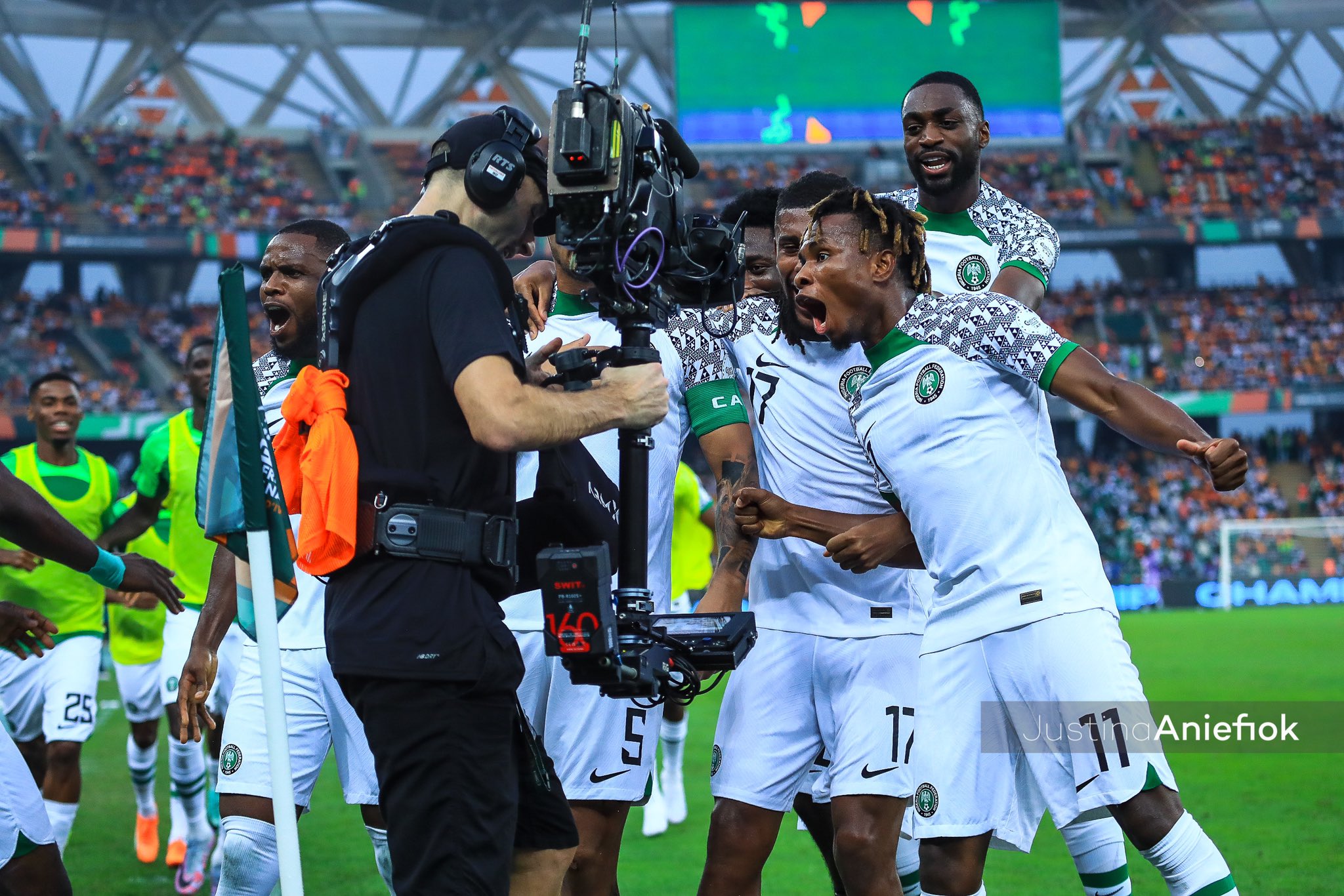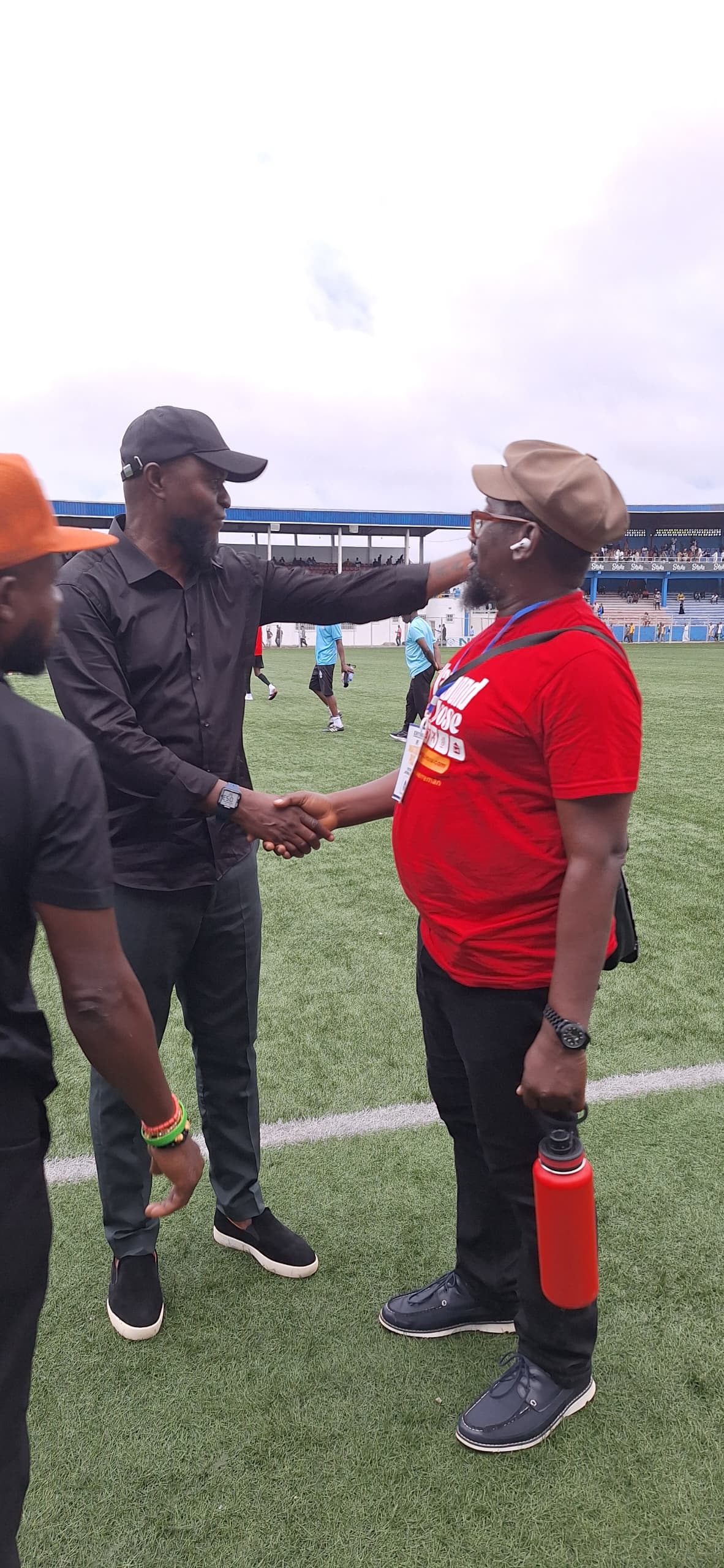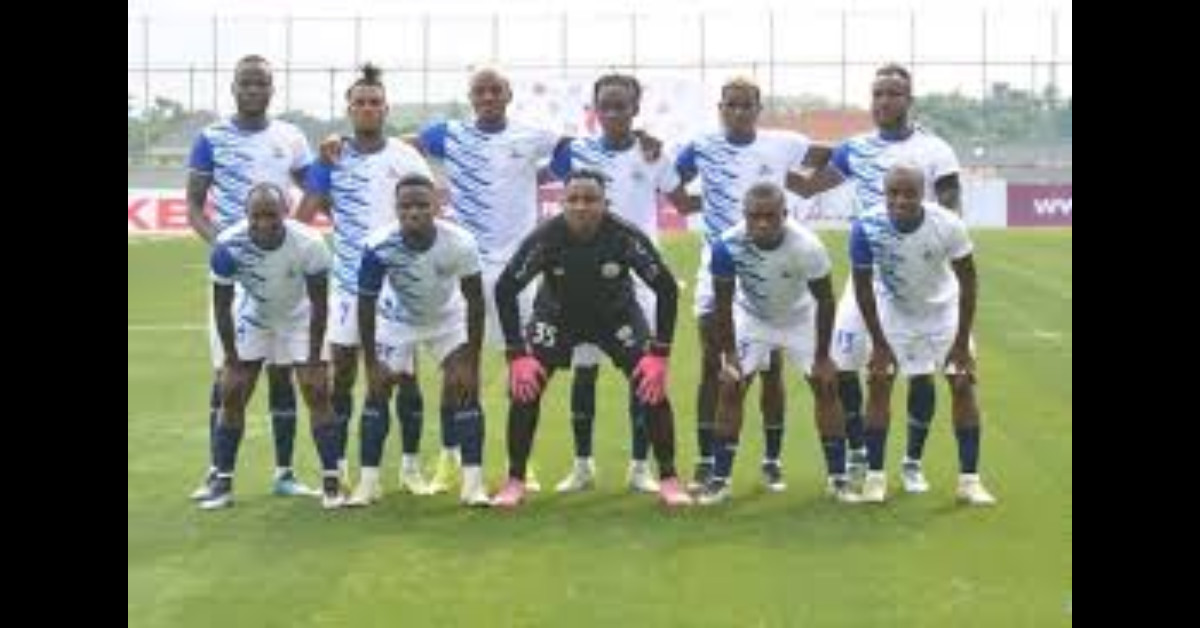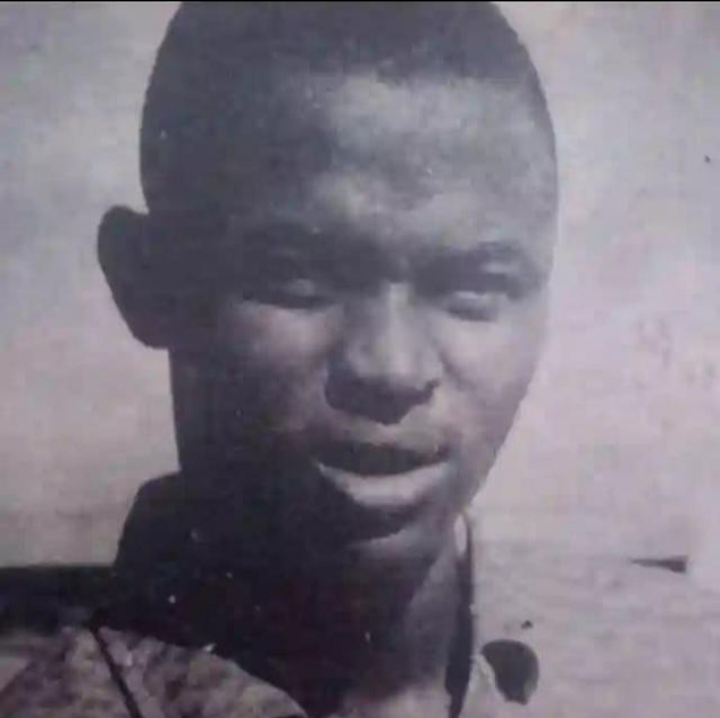I felt the urge to write this after hearing the passionate words of former Super Eagles defender, Taribo West, during the burial rites of Peter Rufai. Taribo lamented the neglect of our football heroes by the Nigeria Football Federation, the Sports Ministry, and the government at large.
His outburst was not unusual. Each time an ex-international falls on hard times, we hear the chorus: “The government abandoned them.” Social media catches fire. Commentators express outrage. And the cycle repeats.
But if we look at the full picture, the history, the rewards, the opportunities, then we might find that the issue is less about abandonment and more about how we view contentment and responsibility.
A History of Support
Let’s start with some perspective.
In 1973, when Nigeria won gold at the All Africa Games, the Yakubu Gowon-led government gave the team little more than handshakes. Many of those players carried bitterness into their later years.
By 1980, things had changed. When the Green Eagles lifted Nigeria’s first AFCON trophy, they had already been paid their allowances and match bonuses. Yet, after victory, they received additional gifts: monetary rewards, a brand-new car each, and houses at FESTAC Town in Lagos. These were not symbolic. They were significant.
Then came the Class of 1994, which was perhaps Nigeria’s most talented squad. These men didn’t just get bonuses; they lived like kings while representing the country. They travelled first-class, lodged in five-star hotels, and pocketed hefty dollar payments per game. Outside the national team, they played in Europe’s biggest clubs – Anderlecht, Ajax, PSG, Monaco, Everton, Dortmund, Fenerbahçe. They earned good salaries, endorsements, and fame.
After football, many of them transitioned into coaching. Stephen Keshi, Sunday Oliseh, Emmanuel Amunike, Samson Siasia, Austin Eguavoen, Finidi George, almost every big name got a chance with the national team. Others had stadiums and streets named after them.
These are not signs of abandonment. They are signs of honour and reward.
The Entitlement Trap
So why do we still hear claims of neglect? Perhaps it comes from comparing football to other professions. Some argue that ex-footballers deserve pensions like soldiers. But let’s be honest: even our military personnel who risk their lives in battle often do not enjoy lifelong benefits. Teachers and civil servants spend 30 years shaping futures, yet they retire quietly, with little more than gratuity and pension.
My own father served the government for 35 years. He never got a state burial, never had a stadium named after him, never received a car gift. He lived and retired with contentment, proud of his service.
Why then should professional footballers who were paid salaries, enjoyed bonuses, and received perks most workers can only dream of , then expect government stipends for life?
The Union That Failed Them
Another side of the conversation is the players’ union. Around the world, unions protect athletes’ welfare. They ensure that after the lights go out, players are not left stranded.
In Nigeria, however, the players’ union has struggled for decades. For years, there were rival groups fighting for control. Eventually, a peace deal put Tijani Babangida, an ex-international, in charge. But even then, the problem persisted: players refused to commit.
When Babangida tried to introduce check-off dues, a small percentage of salaries that would guarantee post-career insurance, players rejected it. Even when tragedy struck, such as the death of Nasarawa United’s Chineme Martins, it was almost impossible to get players to contribute meaningfully to support his family.
In truth, if players had invested in their union the way European professionals do, much of today’s outcry would not exist.
Lessons from Abroad
Look at the legends of world football.
Pelé, even as the greatest of all time, kept working long after retirement. His public appearances, speaking engagements, and endorsements were not just for love of the spotlight. They were income streams. He understood that no one owes you forever.
Diego Maradona, despite his iconic status, also kept hustling. He was coaching, consulting, and staying active in football.
Neither man, for all their fame, ever expected their governments to put them on scholarships until death. They lived large in their playing days, but they kept reinventing themselves afterwards. That is the lesson.
Today’s Players: No Excuse
Fast-forward to 2024. The Super Eagles reached the AFCON final. Each player received about $87,500, which was roughly ₦131 million — just in match bonuses. This was separate from their club salaries and endorsements.
Now picture this: ₦131 million in a country where nearly 60% of citizens live below the poverty line. Imagine what a teacher, a nurse, or a civil servant could do with such a windfall. For a footballer, it is one tournament’s earnings.
If wisely managed, that money can secure a family for life. If squandered, the blame cannot rest with government.
Stories We Can Learn From
I know ex-players who managed their money wisely. Some invested in businesses, real estate, or academies. Today, they live comfortably, still contributing to the game in their own ways.
I also know others who lived recklessly, flashy cars, parties, fleeting luxuries. Today, they are the ones whose stories spark outrage on social media. The difference between both groups is not government intervention. It is planning, discipline, and contentment.
The Real Message
Let me be clear: this is not about mocking anyone’s struggles. Our ex-internationals gave us joy, pride, and unforgettable moments. We will always honour them.
But gratitude is not the same as entitlement. Football, like every profession, has a season. When it ends, life continues. The real question is: what did you do with the privilege you had?
My message to Nigerian footballers, past, present, and future is this: use your funds well. In a single month, you may earn what others cannot earn in ten years. That is a blessing. But blessings come with responsibility.
The government has played its part. The fans have shown their love. The rest is up to you.
Because, one thing we all need to know in life is- “Harmattan is coming.” Be ready for it. It always comes.









